I visited Sunshine Aquarium to see biological impacts of Fukushima No.1 nuclear power plant accident. Though I have visited various places in Japan to see the health consequences of the accident, I have never found any effect against creatures in Japan.
Sunshine Aquarium is located in the rooftop of Sunshine City World Import Mart Building at Toshima-ku, Tokyo. The Sunshine Aquarium is an aquatic environment in the center of the city and close to the sky. Designed as an “Oasis in the Sky,” the aquarium features popular attractions such as the “Sunshine Aqua Ring” with its view of sea lions swimming overhead and the dreamlike “Jellyfish Tunnel.” You can also enjoy performances by sea lions and underwater divers, as well as sea otter and penguin feeding shows. It's a place to heal peoples' heart.
Generally speaking, animal's growth is so fast than human beings that they are more sensitive to radioactive materials of the environment than us.
So I visited Sunshine Aquarium to see effects of the accident against creatures which are grown up by Japanese food and water. Fortunately, I could see them grown up safely and I couldn't find any impact of the accident. It seems that there is no problem for childbirth and child-rearing in Tokyo Japan.
Posted by Yoshitaka Kiriake from Japan on December 3, 2013.
池袋にあるサンシャイン水族館ではトラザメやハナイカの赤ちゃんを見ることが出来た。 併設されたカフェのメニューは可愛らしくデザインされており子供たちに人気がある。特に「たこあんまん」が受験生に人気で「置くとパス」だそうです。
Bowmouth guitarfish
Santa Claus is comming with Zebra shark
Sunshine Aquarium is located in the rooftop of Sunshine City World Import Mart Building.
About Sunshine city
Google map
Sea angel
Spotlined sardine
Splendid alfonsino
Longspine snipefish
Dragon moray
This Cloudy catfish is 12 days old.
Small-toothed whiptail
Baby of Northern flamboyant cuttlefish
Redhook myleus
Apollo sharkminnow
Congo tetra
Elephant nose fish
Silver moony
Axolotl
Golden poison frog
Dyeing poison frog
Pink anemonefish
Clark's anemonefish
Clown anemonefish
Square-spot fairy basslet
Leopard whipray
Longnose batfish
Scalpel sawtail
Weedy Seadragon
Lemon yellow clawed fiddler crab
Barred mudskipper
Nippon' baratanago
Ayu sweetfish
Ninespine stickleback
Russian sea otter eats Japanese foods.
Japanese foods are good and safe.
Because of stricter food safety law by Japanese government, we have no worry about foods.
Sea otter-Shaped chocolate
Animal-Shaped Steamed Buns
Merry Christmas!
2 and a half
years have passed since Fukushima Daiichi nuclear power plant accident. I have
visited various places of Japan to see the health consequence of the
accident.
Our Prime Minister Abe assures that "The situation is under control. The influence of the contaminated water is completely blocked within Fukushima. There are no health-related problems until now and there will never be health problems." He also said that "Tokyo is 250 kilometers away from Fukushima, and the kind of danger that you imagine does not exist in Tokyo. Tokyo is a very safe city."
As PM Abe said, Tokyo is very far away from Fukushima, people in Tokyo have no concern about the nuclear power plant accident. People in Tokyo have already forgotten the accident, because they think radioactive materials cannot reach there.
We know there is no problem for child birth and child rearing in Tokyo. So people in Tokyo are living without any concern about the accident.
I continue to visit various places in Japan to see the effects of the accident, because I can meet various creatures which are more sensitive to radioactive materials from the environment. It is important to see their health for our safety.
公衆衛生ネットワーク
Public Health Network in
Japan

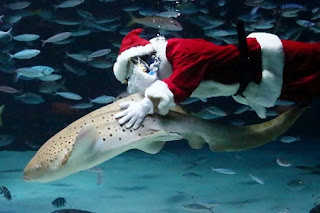
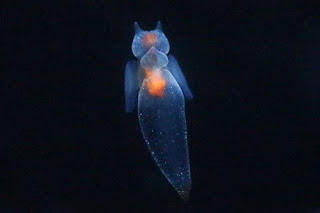


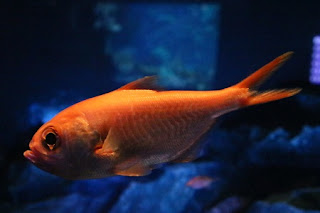




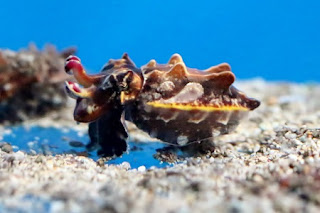
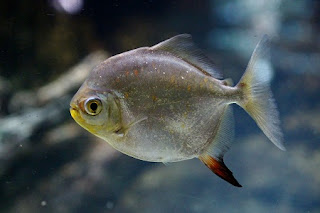

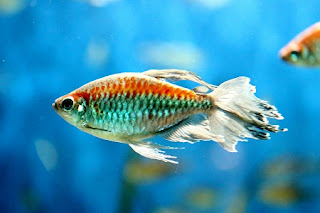



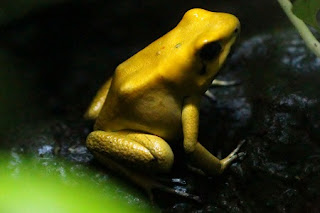
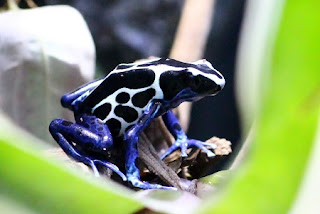




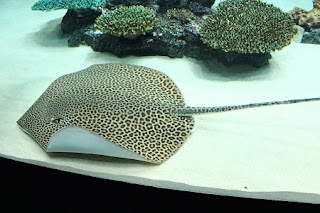
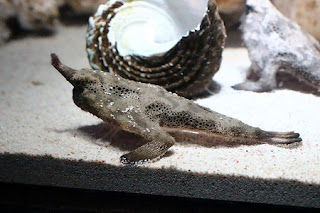


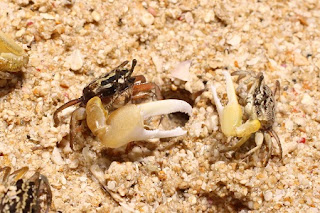
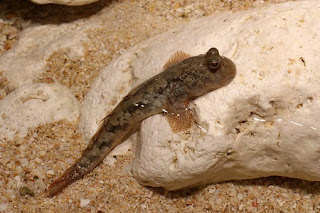
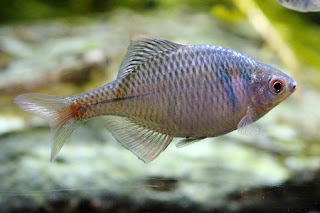
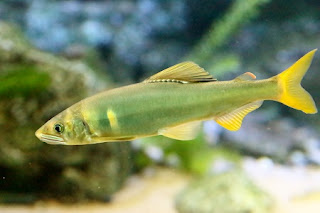


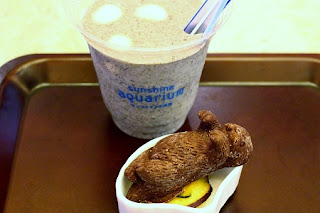

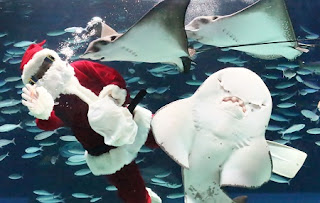

0 件のコメント:
コメントを投稿